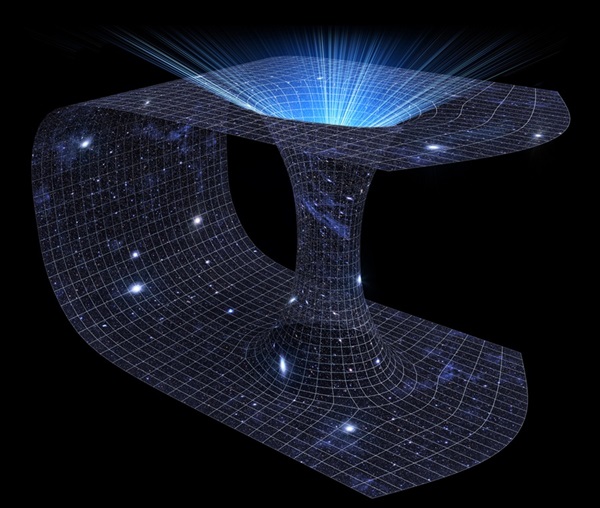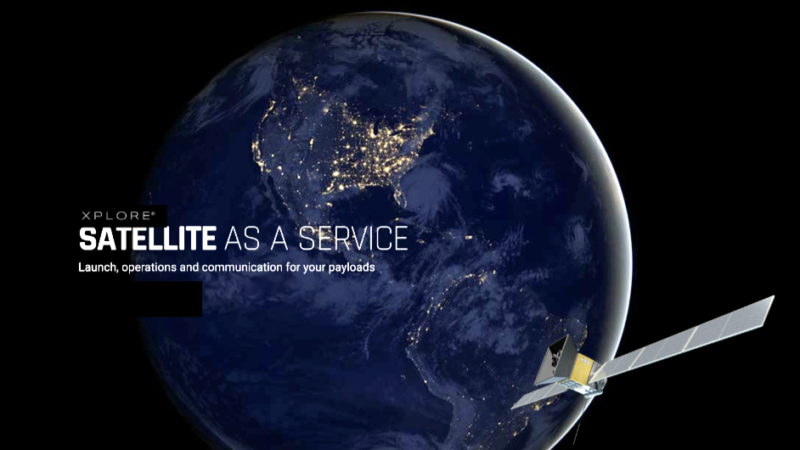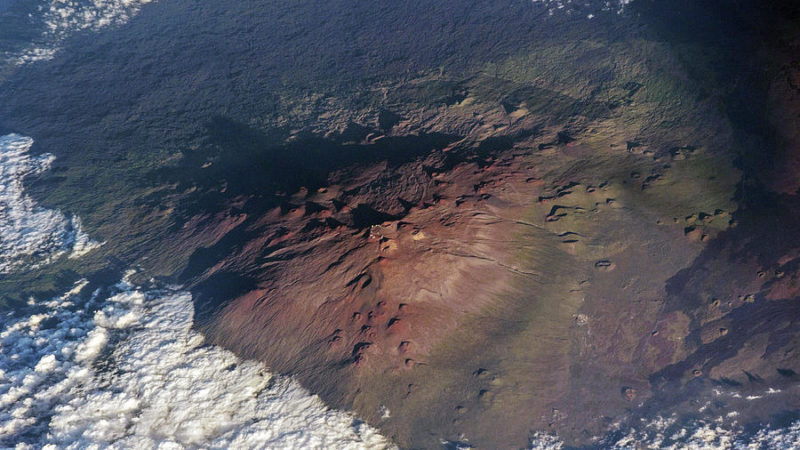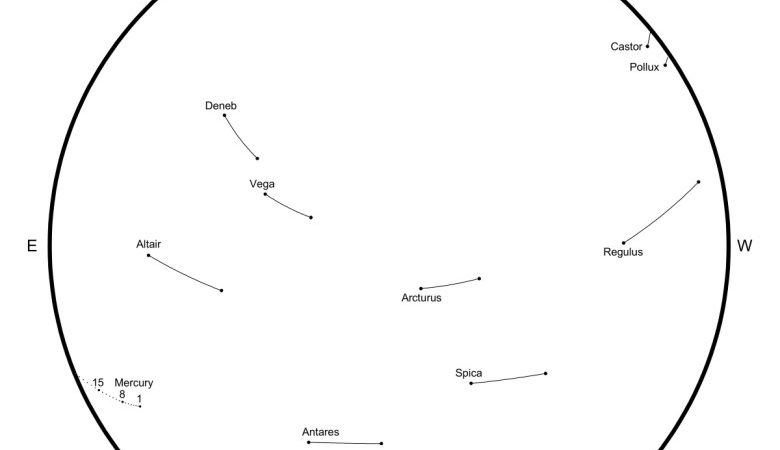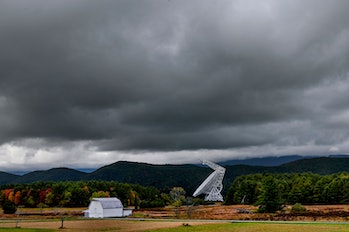If wormholes exist, could we really travel through them? – Astronomy Magazine
The term wormhole was coined in 1957 by American physicist John Wheeler. He named them after the literal holes worms leave behind in fruits and timber. Before that, they were called one-dimensional tubes and bridges.
Interior Design/Shutterstock
Wormholes, thus, are the perfect way to bypass Einstein’s speed limit, and get your heroes and villains to travel the galaxy in a reasonable time frame. Plus, they allow for the element of time travel to enter the story, all without breaking any laws of physics.
So, the real question is: Can actual people take advantage of wormholes too? The answer is… maybe?
Wither Wormholes?
The first problem for any explorer determined to survey a wormhole is simply finding one. While Einstein’s work says they can exist, we don’t currently know of any. They may actually be impossible after all, forbidden by some deeper physics that the universe obeys, but we haven’t discovered.
The second issue is that, despite years of research, scientists still aren’t really sure how wormholes would work. Can any technology ever create and manipulate them, or are they simply a part of the universe? Do they stay open forever, or are they only traversable for a limited time? And perhaps most significantly, are they stable enough to allow for human travel?
The answer to all of these: We just don’t know.
But that doesn’t mean scientists aren’t working on it. Despite the lack of actual wormholes to study, researchers can still model and test Einstein’s equations. NASA’s conducted legitimate wormhole research for decades, and a team described just this year how wormhole-based travel might be more feasible than previously thought.
That research concerned one of the most popular conceptions of wormholes, with black holes serving as one of the openings. But black holes are famously dangerous, possibly stretching apart anyone who approaches too close. It turns out, though, that some black holes might allow objects to pass through relatively easily. This would allow a traveler to explore the space beyond, and thus eliminate one of the biggest hurdles to entering such a wormhole. But again, that’s only if they exist in the first place.
So, until we either find an actual wormhole to study, or realize that they can’t help us explore the universe, we’ll have to do it the old fashioned way: By taking rockets the long way around, and taking our minds on fictional adventures.
